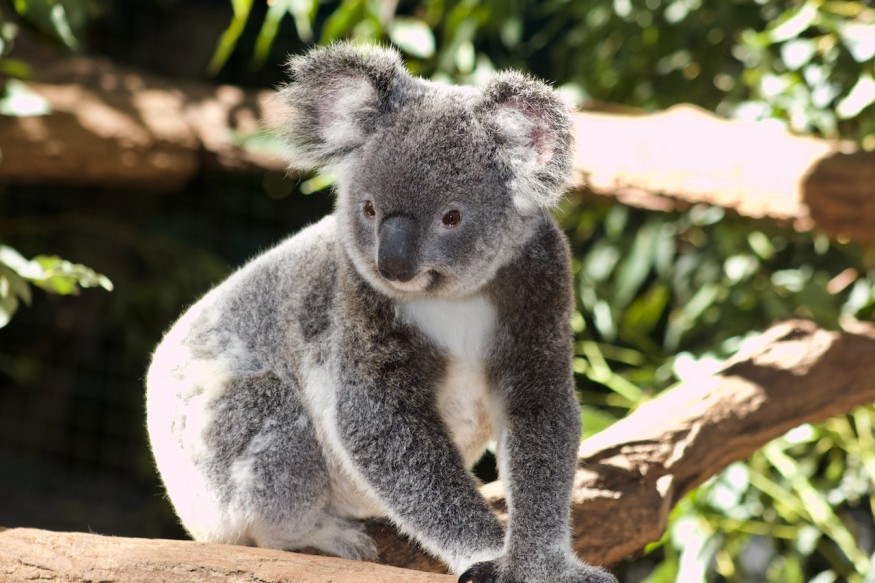Since Dr. Edward Jenner created the first successful vaccine in the 18th century, it has become one of the achievements in medicine in reducing the effects of infectious diseases. More studies followed, which led to the development of vaccines for animals. Various shots are available for pets and domestic animals to protect them from infections from disease-causing agents.
This medical advance was recently extended to include protection for wild animals. A group of Australian scientists from New South Wales pioneered a field trial where the wild koalas were vaccinated against chlamydia to test a strategy that could protect them from cystitis.

First-of-its-Kind Vaccine Trial for Koalas
Free-ranging koalas are prone to chlamydia infection, which can result in serious health problems. As microbiologist Samuel Phillips reported, sick koalas cannot climb trees to obtain food or escape predators. On the other hand, infected female koalas become infertile. It is believed that this disease spreads through reproduction and other sexual activities. Young koalas can also catch the infection from their mothers.
According to the National Library of Medicine, the administration of antibiotics serves as the front-line treatment. Still, koalas usually do not respond well to antibiotics treatment due to dysbiosis or microbiome disruption in their gut.
In a study published in Nature journal, the researchers specifically designed a single-shot vaccine previously tested on hundreds of koalas brought to wildlife rescue centers. At the end of the study, they discovered an increased and expanded production of immunoglobulin G (IgG) among koalas. This means that they generate a positive response in vaccination during antibiotic treatment against Chlamydia-induced cystitis.
Rising Concern in Animal Health
Animal chlamydia has become a concern in human and veterinary medicine. This type of bacteria is commonly found in the environment and can infect different hosts, including insects, birds, and mammals.
According to Veterinary Pathology, members of chlamydia species were found to be significant pathogens of humans and animals, having a well-defined diversity and range of hosts. A variety of chlamydia species are known to infect wildlife hosts. In koalas, the C. pecorum species causes severe urogenital infections that could lead to blindness, infertility, and death. Meanwhile, the C. psittaci species attacks many birds and other unusual hosts, such as rabbits and guinea pigs. Other species like C. felis and C. caviae are limited to domestic animal hosts such as cats but can also pose a health threat to humans.
The impact of chlamydia infection differs in severity ranging from asymptomatic infection to life-threatening illnesses, depending on the host species and the infecting chlamydial species. Due to the diversity of potential hosts for infection as well as the variety of chlamydial species, pathologists still face the challenge of treating this disease. The wide range of clinical signs also adds to the problem since chlamydial infections show different disease manifestations. For this reason, experts continue to expand the scope of their animal chlamydial research.
RELATED ARTICLE : Epidemic Circulating in Koalas Found to be Linked to a Common Virus That Suppresses the Immune System
Check out more news and information on Chlamydia in Science Times.
© 2026 ScienceTimes.com All rights reserved. Do not reproduce without permission. The window to the world of Science Times.











